-

by Jody Chan Apr 15, 2024 5 min read
-

by Nisha Patel Sep 11, 2023 3 min read
-
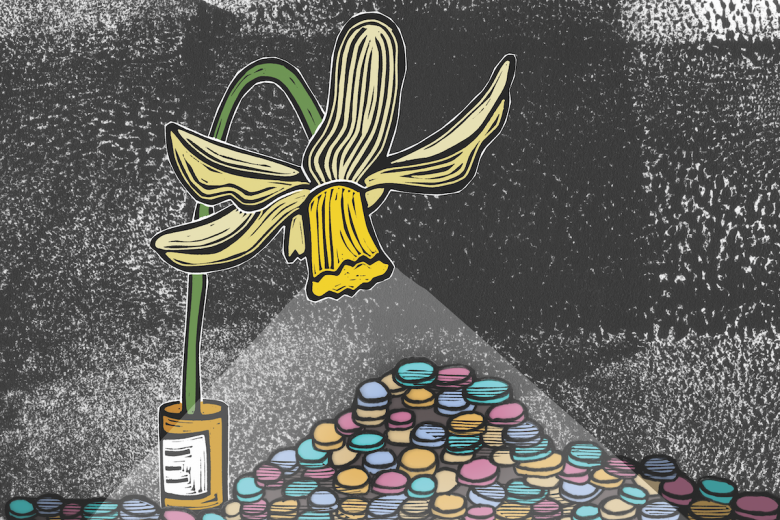
by Mary Fairhurst Breen Mar 1, 2023 5 min read
-
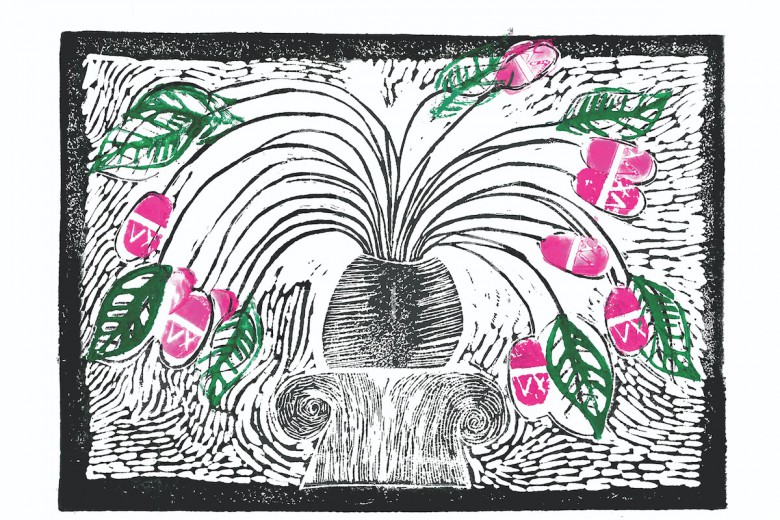
by Kendra J. McLaughlin Sep 7, 2022 7 min read
-
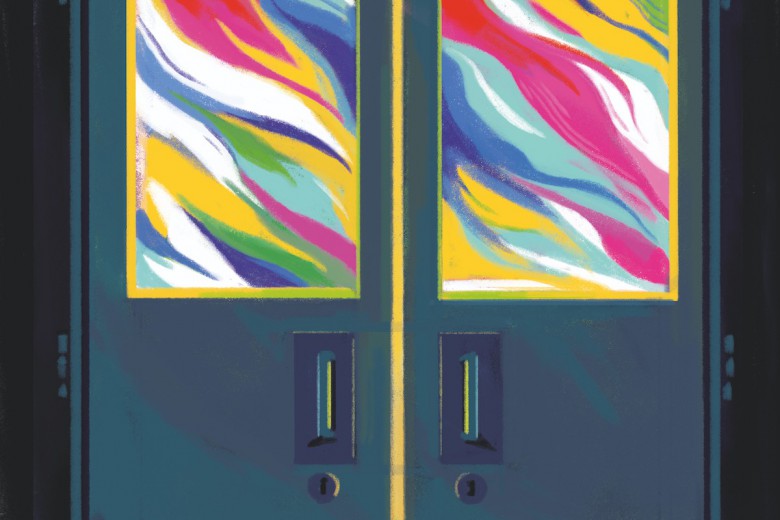
by Andrew W. Boyd Mar 2, 2022 10 min read
-
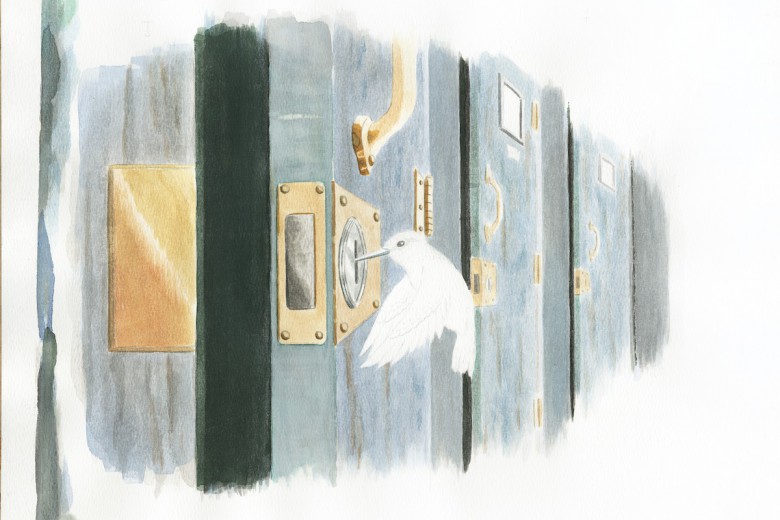
by Levi Waldbillig Sep 2, 2021 2 min read
-
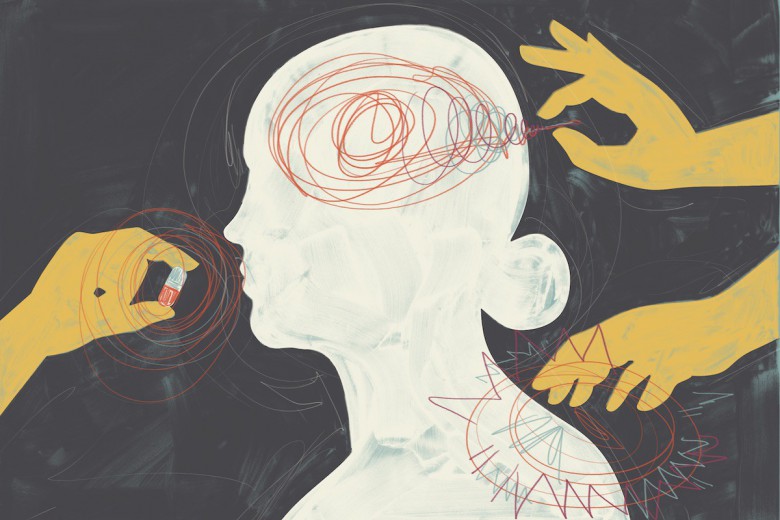
by Kendra J. McLaughlin May 3, 2021 8 min read
-

by Edward Hon-Sing Wong Jul 13, 2020 6 min read
-

by David Camfield Sep 17, 2018 5 min read
-
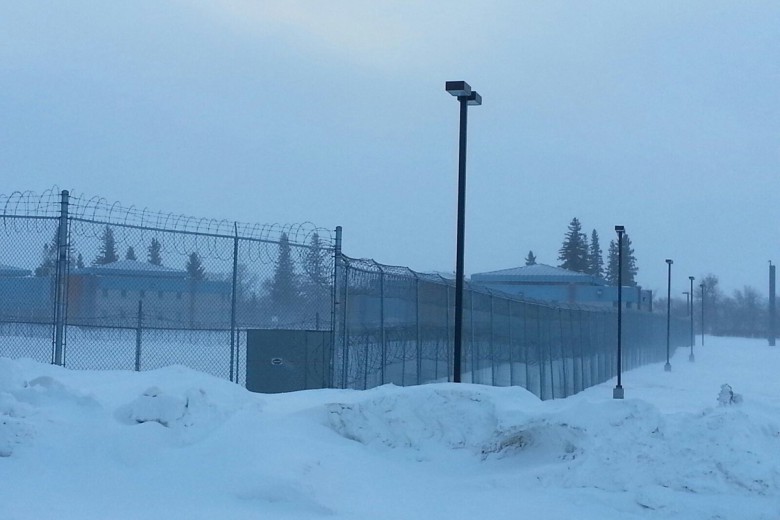
by Nicholas Dinardo Jun 28, 2018 1 min read
-
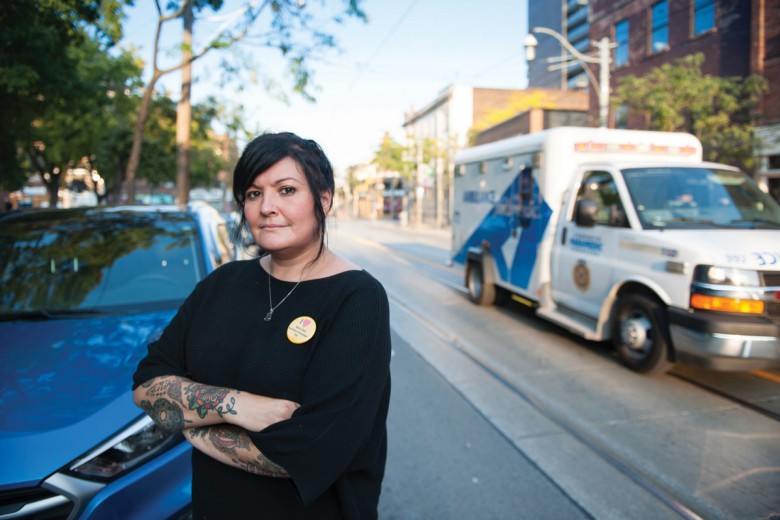
by Mick Sweetman Oct 23, 2017 12 min read
-
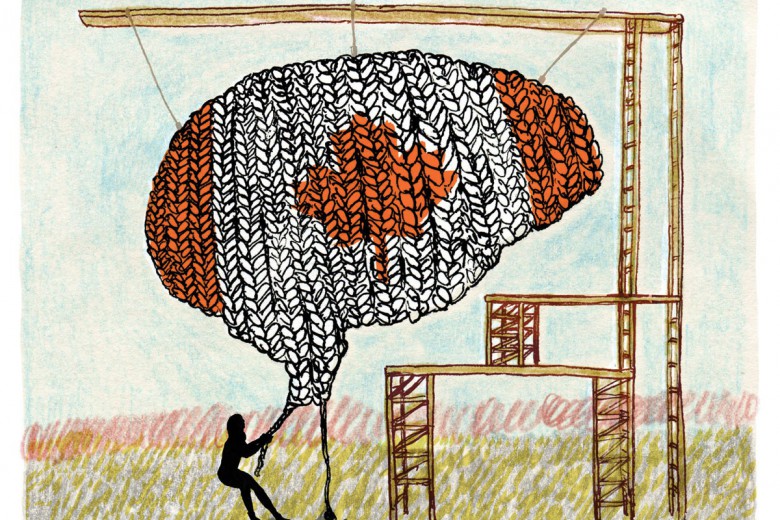
by Tracey Mitchell and Baijayanta Mukhopadhyay Jun 30, 2017 13 min read
-
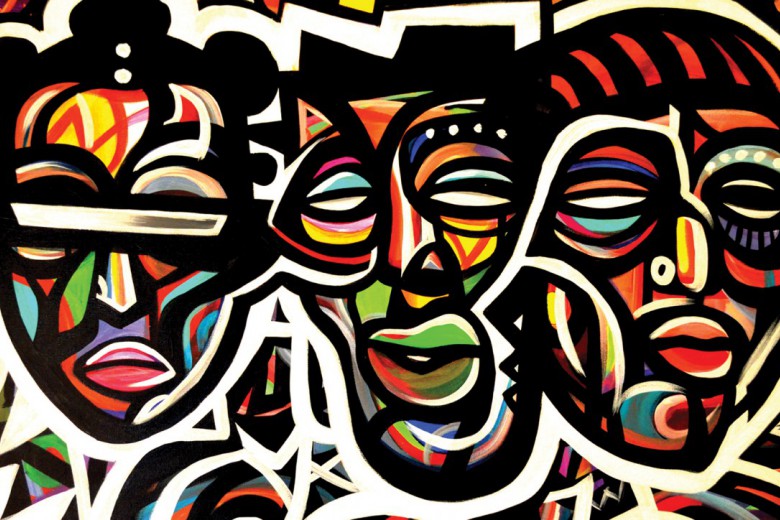
by Nana Adu-Poku Apr 18, 2016 22 min read
-
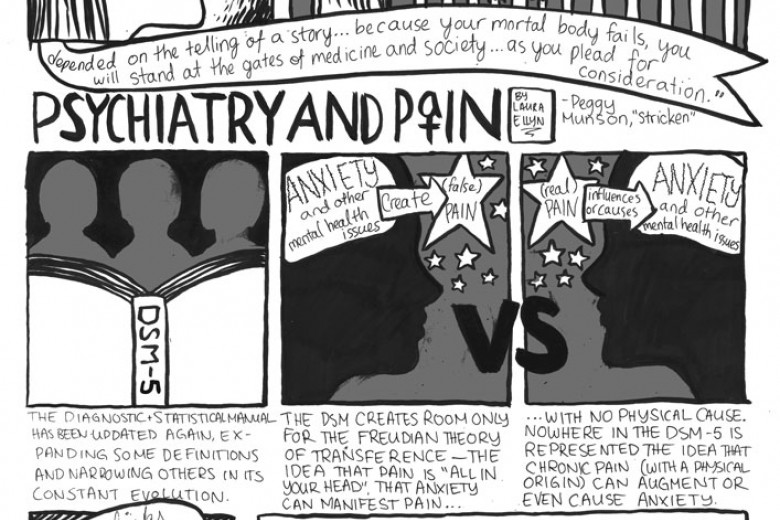
by Laura Ellyn May 1, 2014 1 min read
-
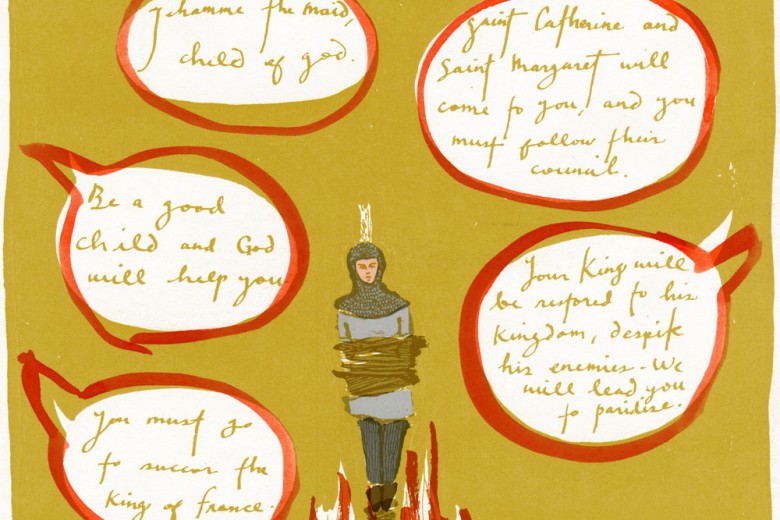
by Baijayanta Mukhopadhyay Mar 10, 2014 10 min read

















